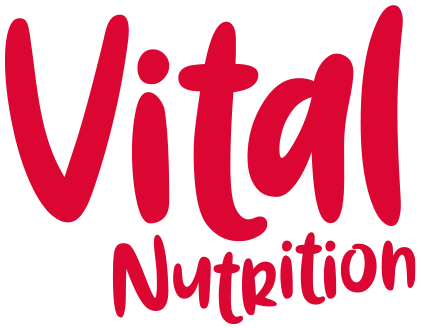Why I avoid diet foods!
It might surprise you to hear that I avoid low fat foods. There are no skinny whips, fry-light or low fat yoghurts in my trolley. I want to eat real food, that is as near to how nature intended us to eat it as possible, not these light, slimming and skinny foods that are highly processed with an ingredients list packed with emulsifiers, sweeteners, modified starch others that you are unlikely to find in any home kitchen.
The next time you tuck into a low fat treat, or add a slimming-world approved food into your trolley, take a closer look at the ingredients list. Do you recognise every ingredient on the pack?
We have moved to far out of touch with how our food is produced, what it contains and even whether it is nutritious or not, that we are relying on marketing terms like low fat, reduced sugar and 90kcals per bar to determine our choice.
If we took a step back and really thought about it, we would realise that the dieting industry has us by the scruff of the neck.
Slimming Clubs that have weekly weigh-ins make us feel sad and guilty if our weight goes up by even a pound or less a week and cheer us on when we lose a little. All you need to do is go for a pee or drink less water and it will tip the balance on the scale on any given day.
We are encouraged to eat more low-fat foods in a bid to lose weight and pile our plates with so-called ‘free foods’ like pasta and rice that knock the balance of our macronutrients right off the scale.
Rather than building a healthy relationship with our food and our bodies, this fat-shaming is driving us to have an unhealthy attitude to nutrition and feel disgusted by ourselves if we don’t lose weight.
Even the language used – counting food as ‘sins’ or ‘zero points’ plays with our attitude to food choice.
I have worked with many clients who are terrified of eating nutrient-dense, healthy foods like nuts and seeds, avoid olive oil and oily fish because they are high fat.
The poor nutritional advice being spun out by these clubs is extremely detrimental to our physical and mental health.
As a nation, we are getting fatter. Most people are confused about what good nutrition really means.
When I work with clients who want to lose weight, it is often a re-education around diet, food and nutrition to get a better understanding of how our bodies work, how we use nutrients and why we need a healthy balance or protein, fat and carbohydrate for good health.
Here are some of the ways you can start re-educating yourself about nutrition and adapting your tastebuds to enjoy food that is good for you.
Read food labels – check the ingredients list and make sure that you recognise everything on the ingredients list as something that you might find in your own kitchen.
Cut sugar, not fat – sugar is empty calories, so what we don’t burn off will end up as fat storage. Fat is an essential nutrient that we need in our diets to feel full for longer, support a healthy appetite and maintain our metabolism. It also carries fat soluble vitamins like A, D, E and K, so when we are following a low fat diet, we are at increased risk of a reduced intake of these essential nutrients too. Check your food labels and aim to choose foods that are low in sugar – containing 5g per 100g or less.
Choose higher fibre foods that will fill you up easier and help to manage appetite. Replace bread, rice, pasta, noodles and cereals with wholemeal or wholegrain varieties.
Eat mindfully and enjoy your food. How we eat is just as important as what we eat. Give yourself permission to sit and enjoy your meals, rather than eating on the go, grabbing something quick, or skipping meals altogether.

